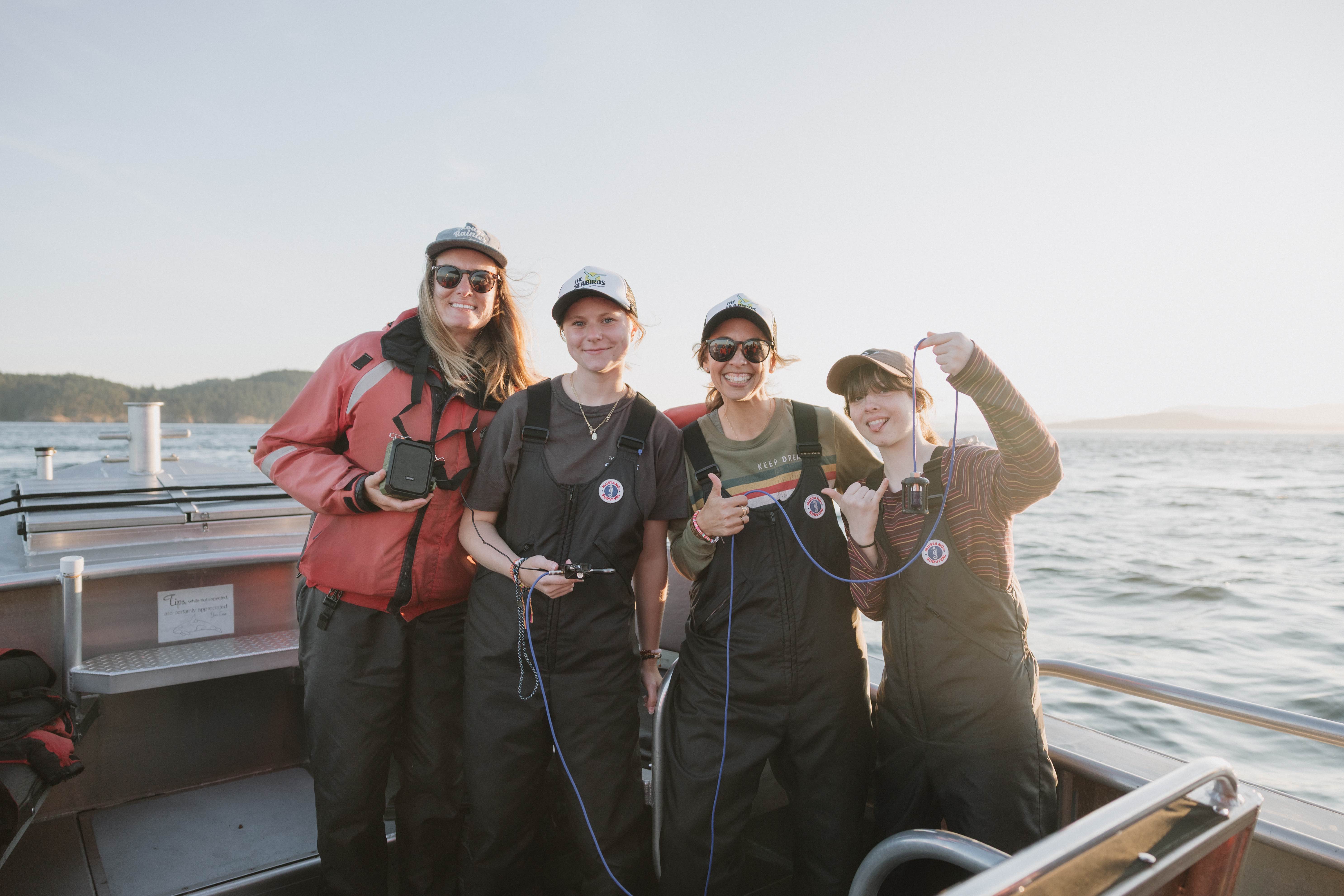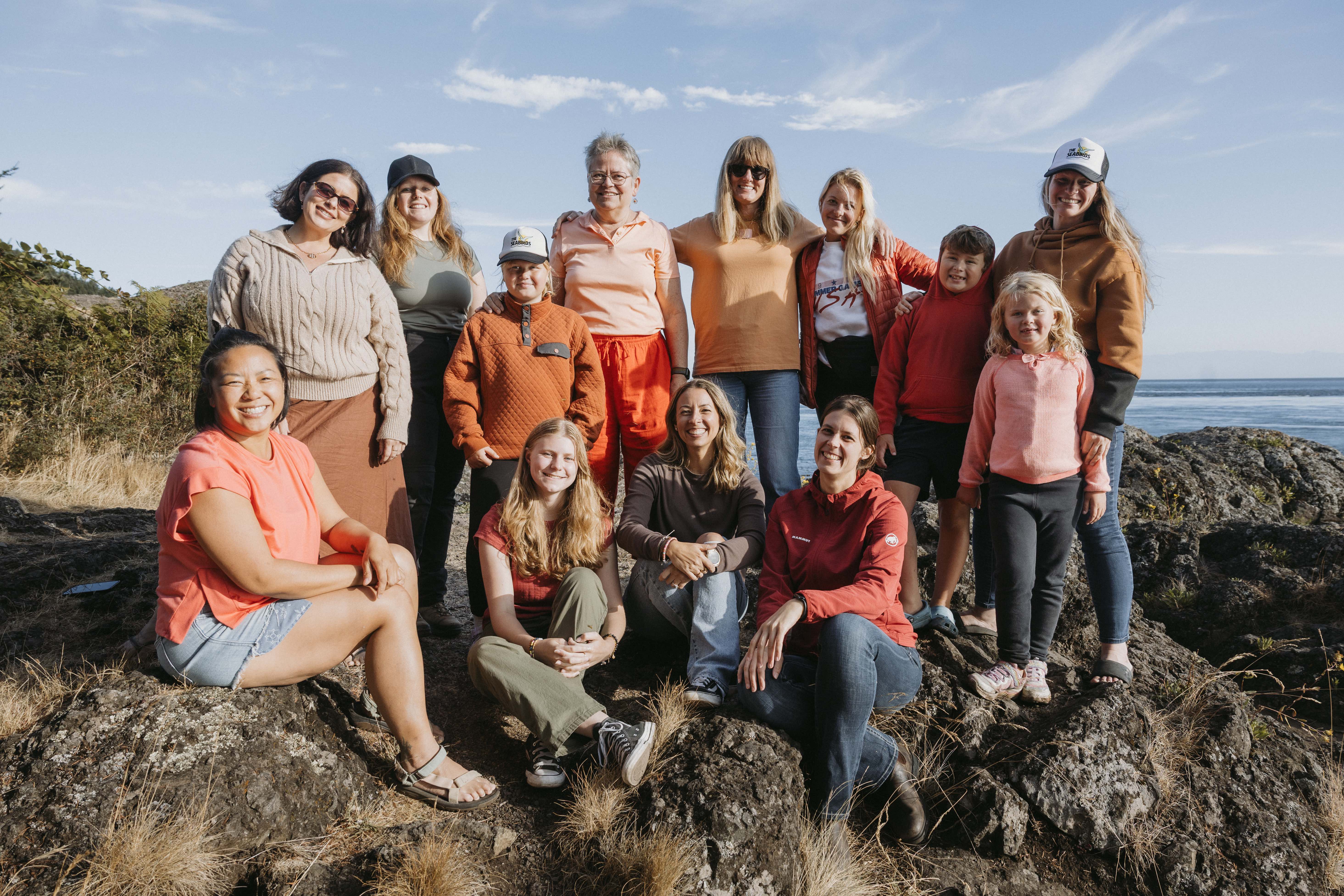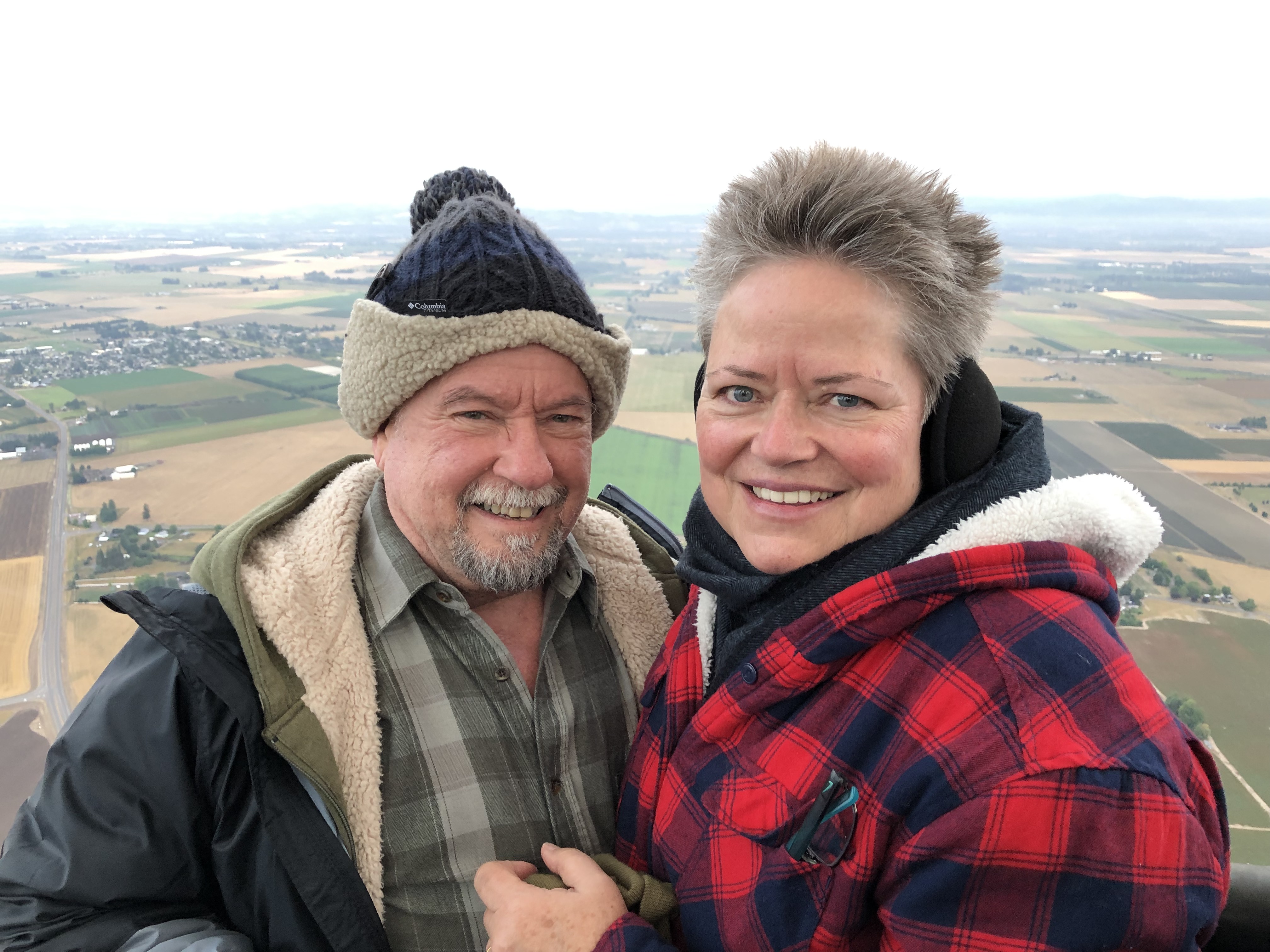Project Matriarch: Sounding the Call for Women, Science, and Whale Conservation


Citizen Science and Diversity Are Creating Healthier Oceans
Imagine the ocean as a giant concert hall, filled with the mysterious songs of whales. These incredible creatures use sound for everything—chatting, exploring, and finding food. But lately, their music is getting drowned out. Ships, sonar, and other human activities have cranked up the underwater noise, making it difficult for whales to live their lives.
This is where Project Matriarch comes into play. Taking lessons from our foremothers, we’re not just watching from the sidelines. Through a generous agreement with Evin Rose—a Scripps Institution of Oceanography master’s student and a Seabird on our science team—the Seabirds picked up a hydrophone (an underwater microphone) to record the sounds bouncing around below the waves. We’re uploading what we hear straight to NOAA’s sound database and our own ArcGIS StoryMap (an interactive, open source storytelling and data platform) that Evin is building as part of our Blue Echo initiative. And there’s more to come: another hydrophone is on our wish list for 2026, which means even more data and better insights as we work with researchers worldwide to uncover how all this noise is affecting whale behavior and their futures.
Women and Girls in STEM: Making Waves
You know what really amps up innovation? Encouraging women and girls to participate in science, technology, engineering, and math (STEM). When their voices join the conversation, ideas multiply and solutions get smarter. In our project, women and girls aren’t just on the team—they’re leading it. Their curiosity and drive are fueling the push for healthier oceans and stronger protections for whales.
Citizen Science: Power to the People
Science isn’t just for people in lab coats. In areas where whale research is scarce, we believe citizen science and community science play a crucial role. We’re all about giving everyday folks the tools to study whale populations and share what they find. That way, everyone has a role in building a clearer picture of what’s happening beneath the surface. Focus, collaboration, and transparency describe the Project Matriarch approach.
- Focus: We zero in on whale research where citizen science can really make a difference, augmenting the research in places where formal projects are few and far between. Citizen scientists exist wherever there are local people.
- Collaboration: We’re all about teaming up with scientific researchers. Our combined data helps drive policy changes and sparks new discoveries.
- Transparency: Everything we collect—from whale communication to ship noise—is available for anyone to check out through NOAA and our ArcGIS StoryMap, so everyone has access.Moving Toward a Thriving Ocean
Moving Toward a Thriving Ocean
The philosophy of Project Matriarch is that when women lead in science, citizen research is at the forefront, and diversity is protected—big things happen. Our goal? Oceans full of life, whales singing their songs, and a community where everyone’s contribution matters.



